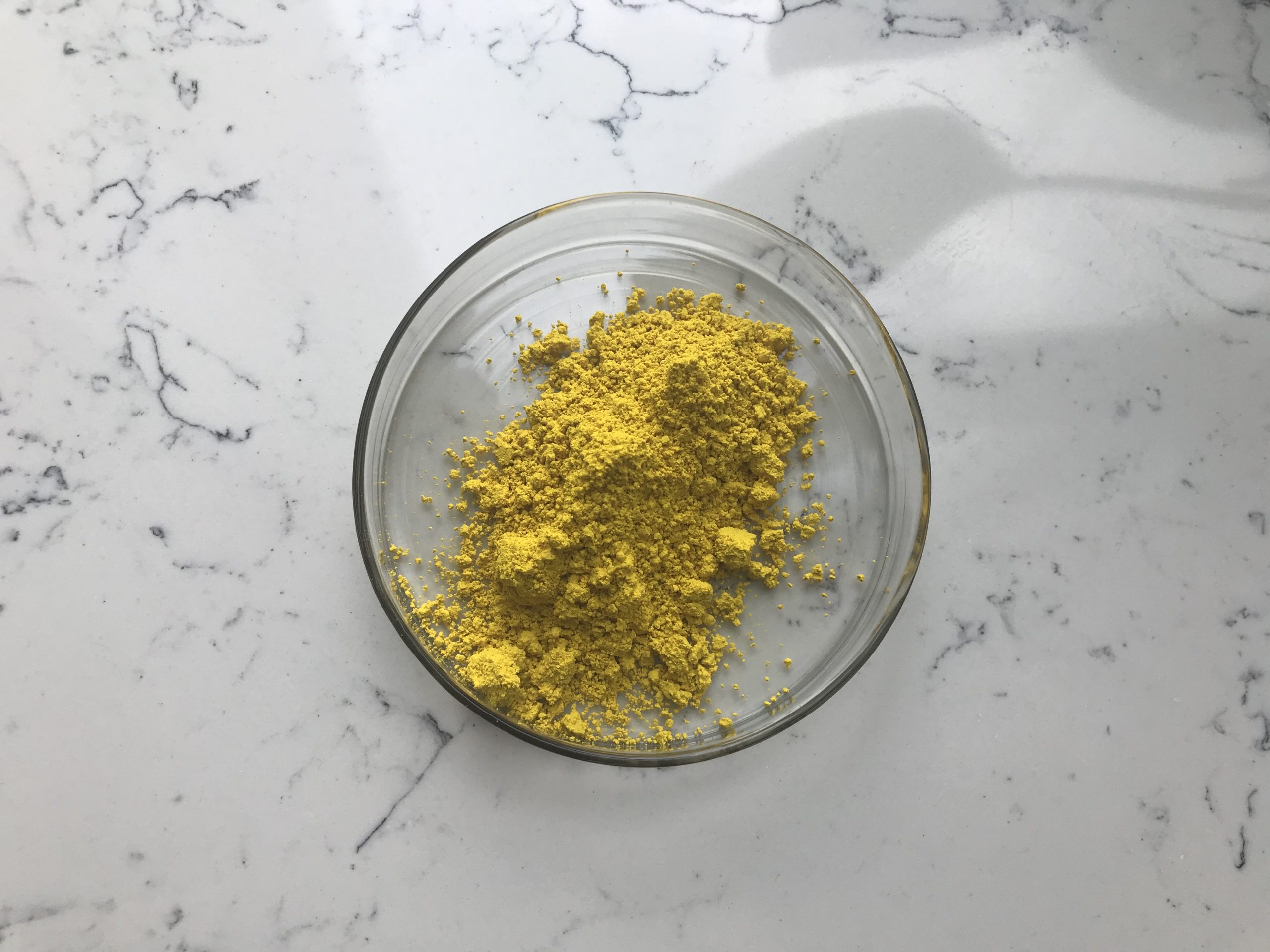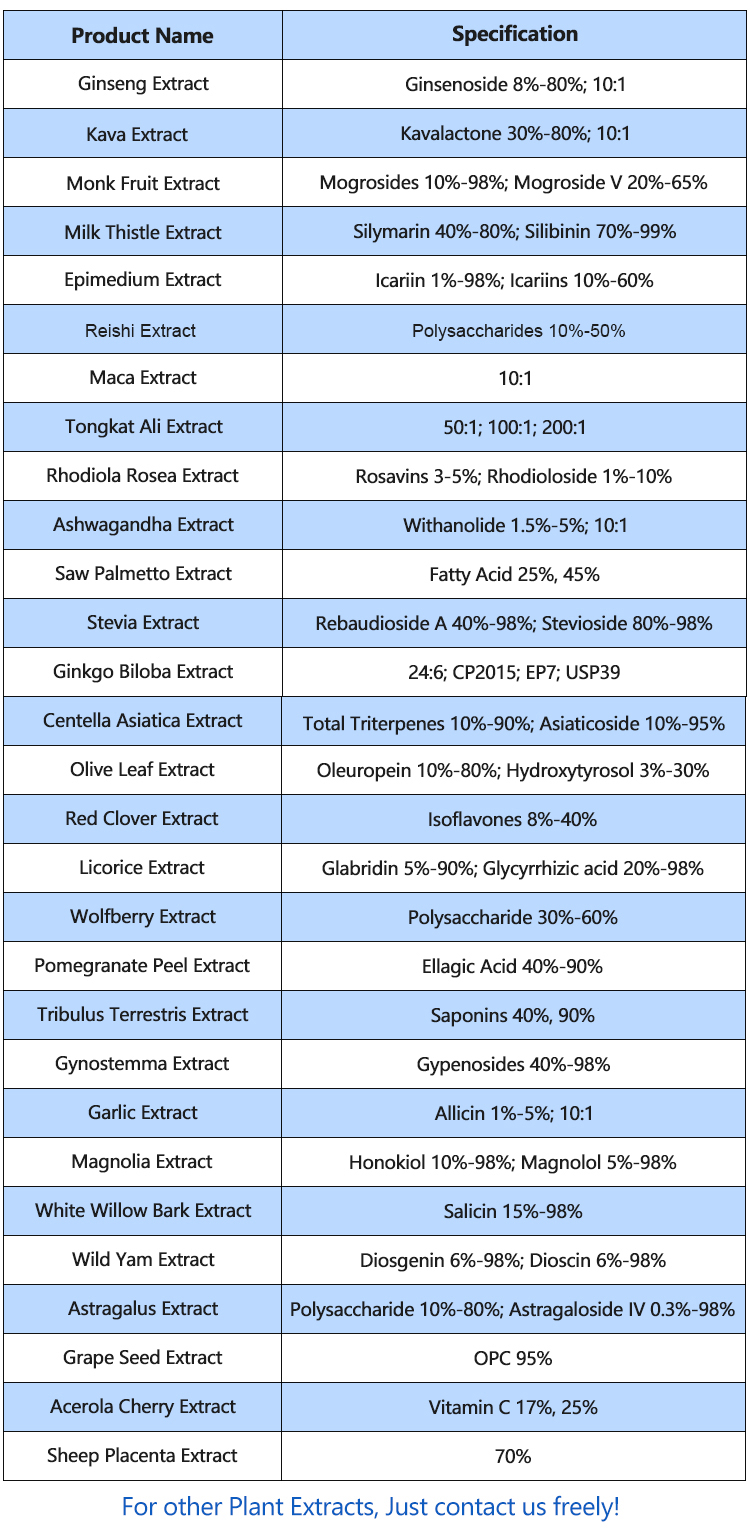Berberine HCl (hydrochloride) is a compound derived from various plants, including barberry, goldenseal, and Oregon grape. It has gained attention for its potential health benefits, particularly in metabolic and cardiovascular health. Here are some common uses and treatment considerations:
Uses of Berberine HCL:
- Blood Sugar Regulation: Berberine is often used to help manage blood glucose levels in individuals with type 2 diabetes. It may improve insulin sensitivity and reduce blood sugar levels.
- Cholesterol Management: Some studies suggest berberine can lower LDL cholesterol and triglyceride levels, contributing to heart health.
- Weight Management: Berberine may assist in weight loss by improving metabolic function and fat regulation.
- Gut Health: It has antimicrobial properties, which may help support gut health by reducing harmful bacteria and improving digestion.

Dosage of Berberine HCL:
- Typical dosages range from 500 mg to 1500 mg per day, divided into several doses. It’s important to start with a lower dose to assess tolerance.
Side Effects of Berberine HCL:
- Berberine is generally well-tolerated, but some may experience gastrointestinal issues, such as diarrhea, constipation, or abdominal pain.
Precautions:
- Individuals on medication for diabetes or cholesterol should consult a healthcare provider, as berberine can interact with these medications.
- Not recommended during pregnancy or breastfeeding.
Summary:
Berberine HCl can be a beneficial supplement for managing blood sugar and cholesterol levels, among other health benefits. However, consulting with a healthcare professional before starting any new treatment is essential to ensure safety and effectiveness.
Adverse effects of Berberine HCL
Berberine HCl, a compound derived from various plants, is often used for its potential health benefits, particularly in managing blood sugar levels and cholesterol. However, it can have some adverse effects, including:
- Gastrointestinal Issues: Common side effects include stomach cramps, diarrhea, constipation, and flatulence.
- Nausea and Vomiting: Some users may experience nausea or vomiting.
- Lowered Blood Sugar: While beneficial for many, it can lead to hypoglycemia, especially when taken with other diabetes medications.
- Interactions with Medications: Berberine HCl can interact with various drugs, including those metabolized by the liver, potentially altering their effectiveness.

- Liver Function: High doses or prolonged use might affect liver function, so monitoring is advised.
- Allergic Reactions: Rarely, individuals may experience allergic reactions, such as skin rashes or itching.
- Pregnancy and Breastfeeding: Safety during pregnancy and breastfeeding is not well established, so it’s usually recommended to avoid it during these times.
As with any supplement, it’s important to consult with a healthcare professional before starting berberine, especially if you have underlying health conditions or are taking other medications.
